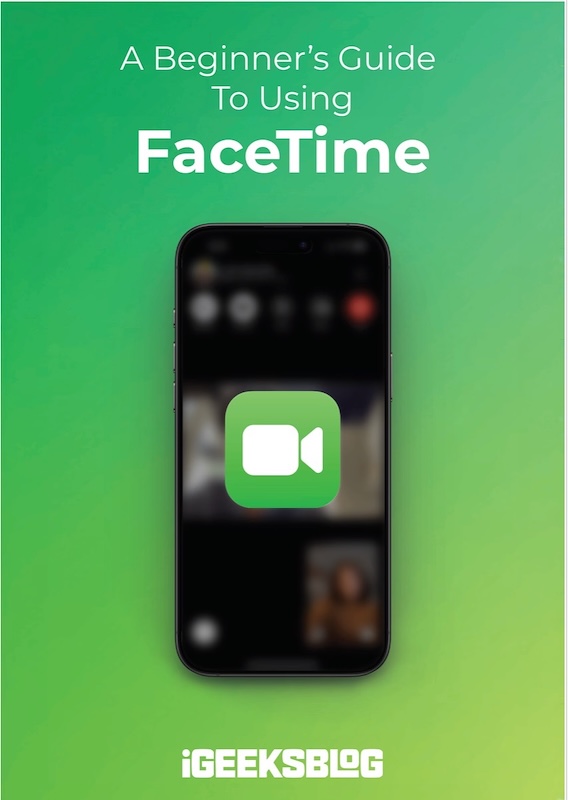
FaceTime Like a Pro
Get our exclusive Ultimate FaceTime Guide 📚 — absolutely FREE when you sign up for our newsletter below.

FaceTime Like a Pro
Get our exclusive Ultimate FaceTime Guide 📚 — absolutely FREE when you sign up for our newsletter below.
Apple may soon let EU users replace Siri with Alexa or Google Assistant across devices, marking a major ecosystem shift.
In a major shift, Apple is reportedly preparing to let users in the European Union choose a third-party voice assistant—like Google Assistant or Amazon Alexa—as their default across iPhone, iPad, and Mac. If implemented, this would mark the first time Apple officially allows users to replace Siri system-wide.
The report comes from Bloomberg’s Mark Gurman and Drake Bennett, who say the change will appear in the Settings app of iOS, iPadOS, and macOS, with watchOS support possibly following later.
Until now, Siri has been deeply integrated as the default voice assistant on all Apple devices. While users could download apps like Alexa or Google Assistant, those apps were confined to their own silos—unable to handle system-level commands, control HomeKit devices, or fully replace Siri.
This move would be Apple’s most significant concession yet to regulators demanding greater openness.
This change appears directly tied to the EU’s Digital Markets Act (DMA), a sweeping regulation that forces major tech platforms to support more interoperability and user choice.
In the EU, Apple already lets users change default apps for email, messaging, browsers, and navigation. Allowing third-party voice assistants would be a natural extension of that trend.
As Gurman and Bennett note, Apple is also battling broader challenges in the AI space, and this may be a strategic compromise to avoid further antitrust scrutiny.
According to the Bloomberg report, users in the EU will soon see an option in the Settings app to choose their default voice assistant.
This could allow:
While the rollout will start in the EU, Apple could expand the feature globally later—as it did with other DMA-related changes.
If this becomes reality, it would open up new levels of personalization and platform freedom within Apple’s ecosystem.
Whether users stick with Siri or move to more advanced conversational assistants like Google Assistant or Alexa remains to be seen—but the choice itself is groundbreaking for Apple users.